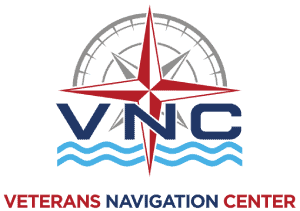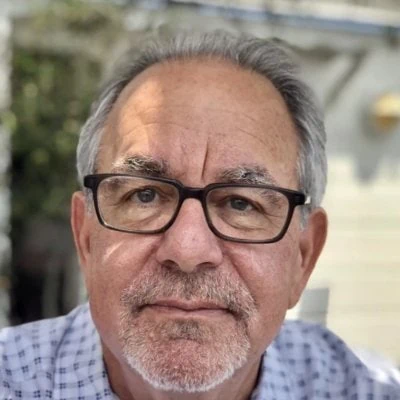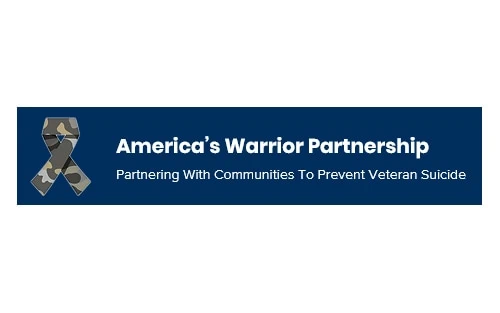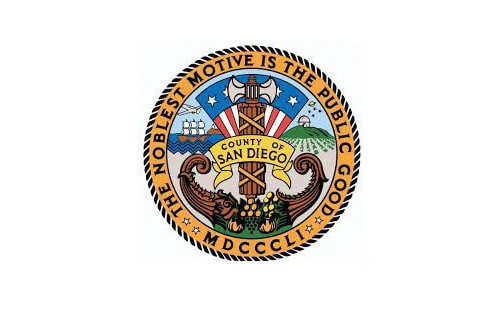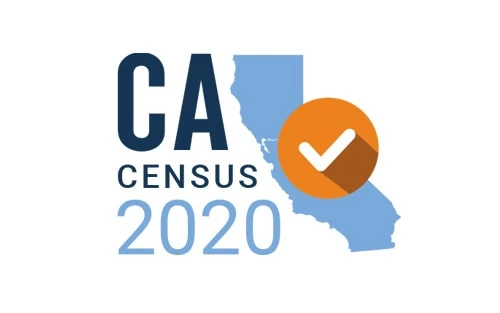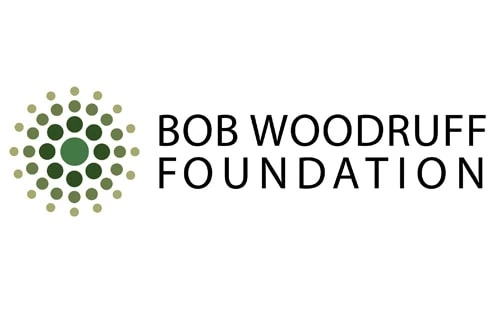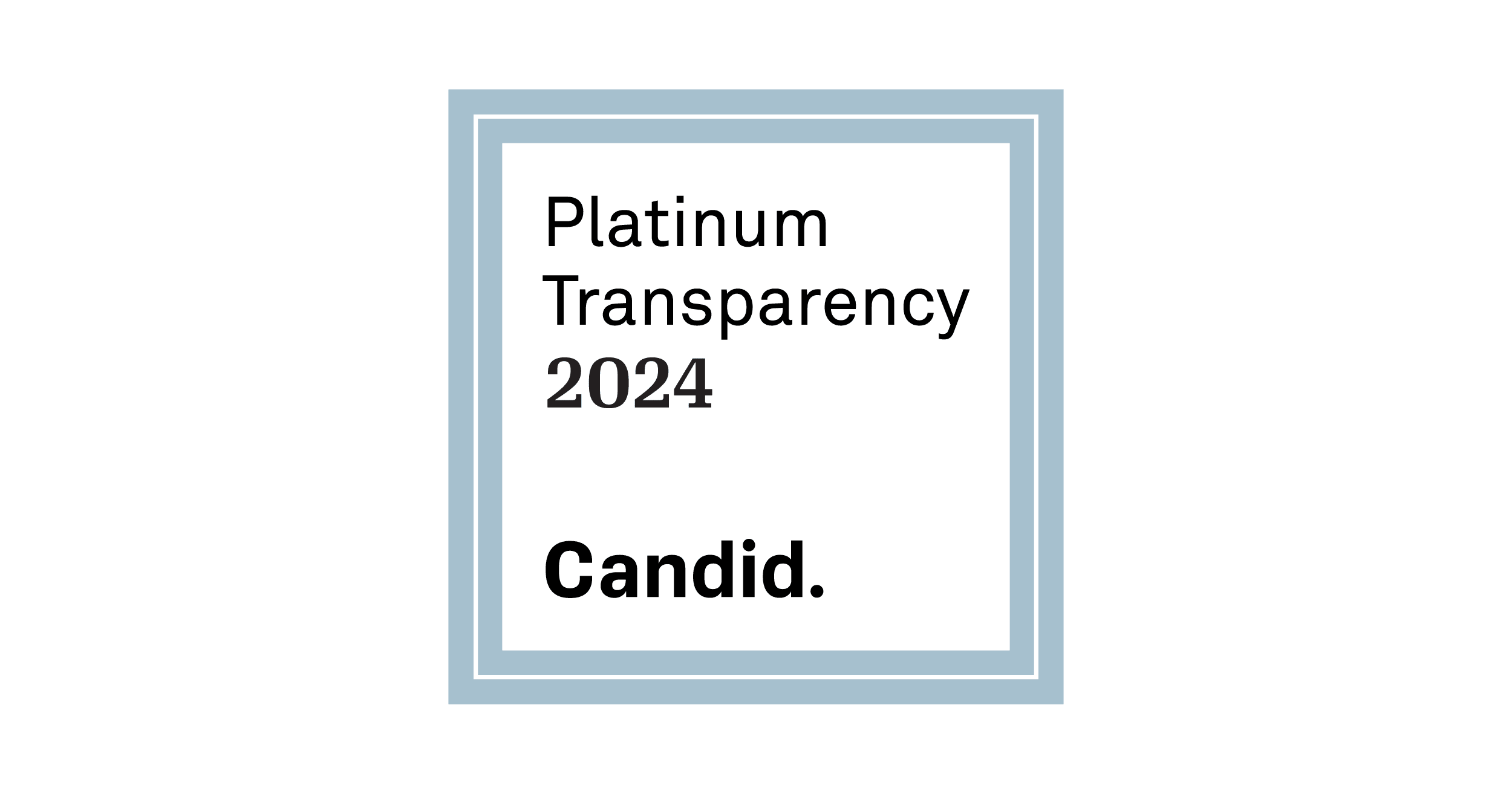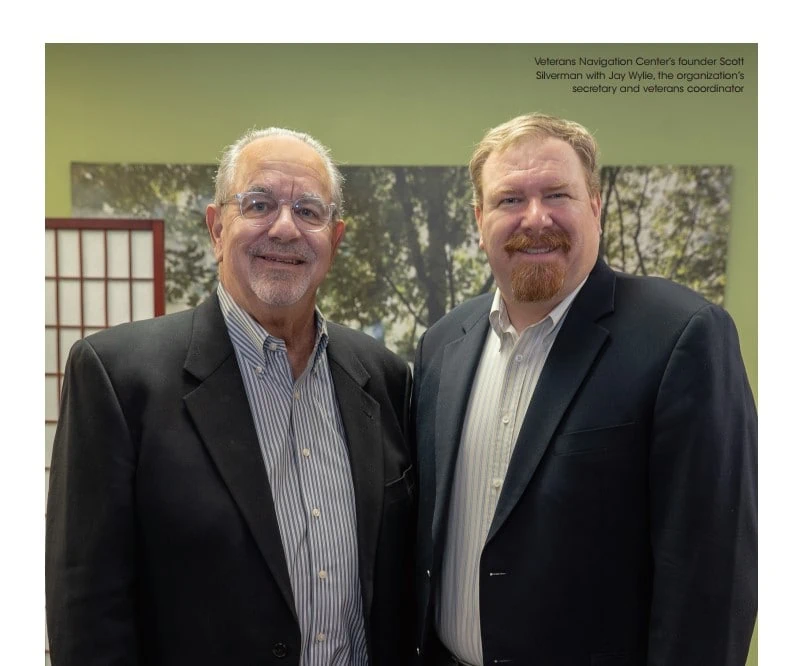
VNC Featured in San Diego's Ranch & Coast Magazine
In a recent article entitled TheVeterans Navigation Center: Help Starts Here, San Diego's Ranch & Coast Magazine did a thorough write up on The Veterans Navigation Center.
“The VA is critical for these people,” says Silverman. “But if you talk to veterans, many of their experiences with the VA are negative. The goal with the VNC is to create something where we can give people a safe harbor for longer periods of time and help them navigate the system.”
Another staggering statistic is that those recovering from a substance use disorder (SUD) who do not
receive a continuum of care reportedly have a 95 percent chance of relapsing, and stunningly, by some measures, half the 370,000 veterans in San Diego either do not have medical insurance or their nonmilitary medical benefits have run out.
“Every day in the service you know when to wake up, what uniform to wear, what the schedule is for the day,” says Wylie. “When you get out, it’s like a switch is flipped. You’re on your own. You’re no longer supported.” The VNC is working to change that here in San Diego, and its services are in-network with TriWest, the insurance underwriter for Veterans’ behavioral health services.
“When a veteran or a veteran’s family member calls, we embrace that veteran as [their] advocate,” says Silverman. “Veterans who need support around substance abuse disorder — we bring them in as a client. If they need a higher level of care, we get them over to the VA and work with them there. And if it’s something else entirely, we refer them to our partners in the coalition.
Click here to read the entire article from Ranch & Coast magazine.
